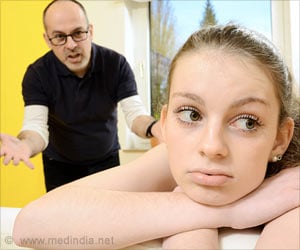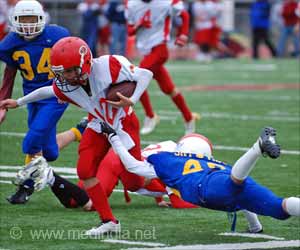Children who do not take an active part in classroom activities are more likely to demonstrate a poor academic performance a new study shows.
Children who do not take an active part in classroom activities are more likely to demonstrate a poor academic performance a new study shows. Furthermore, children excluded from classroom activities by their peers have also been found to show withdrawal symptoms. The results of this study can be found in the Journal of Educational Psychology, a publication of the American Psychological Association (APA).
The 5-year study was conducted among a group of 380 students, between the age of 5 and 11 years. Children, who are neglected by their peers, have trouble engaging themselves in classroom activities. The academic success of a child has been found to be largely dependent on peer inclusion and exclusion. Children who were rejected by their peers were more likely to refrain from day to day school activities and even displayed a tendency to avoid going to school.Although exclusion or neglect is not as transparent as physical or verbal abuse, it might have a significant impact on the growth of the child. This neglect can in turn have a significant impact on a child’s ability to interact with other children and fit in the social atmosphere of the classroom. Such children may also be prone for bullying or victimization by their classmates.
'Children become less active participants in classroom activities because their opportunities to do so are increasingly restricted as a result of peer exclusion. Children who are harassed (picked on or teased) or excluded from activities by peers tend to try to avoid classrooms (and school) as a means of escaping further abuse,'concluded Dr. Buhs, one of the senior researchers involved in the study.
While numerous studies have shown that children who withdraw themselves from social activities are more likely to be excluded by their peers, bullied or victimized, the study is the first of it’s kind to establish that rejection has a strong and consistent association with peer abuse and exclusion.
The results of this study have several valuable implications regarding the social and functional adaptation of a child, children’s engagement in classroom activities and adjustment patterns. It also highlights the need for peer rejection by instructors that may not be as obvious as verbal or physical abuse. More studies are clearly indicated to identify other forms of peer maltreatment that may have a negative effect on child development and develop appropriate management strategies.





